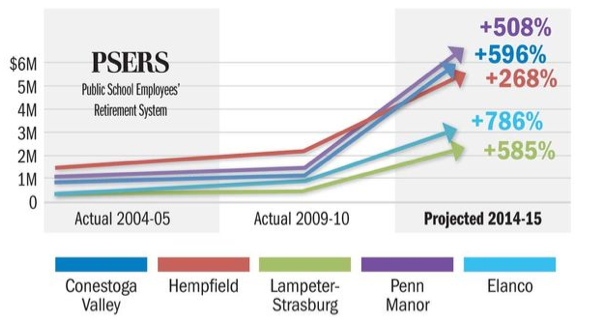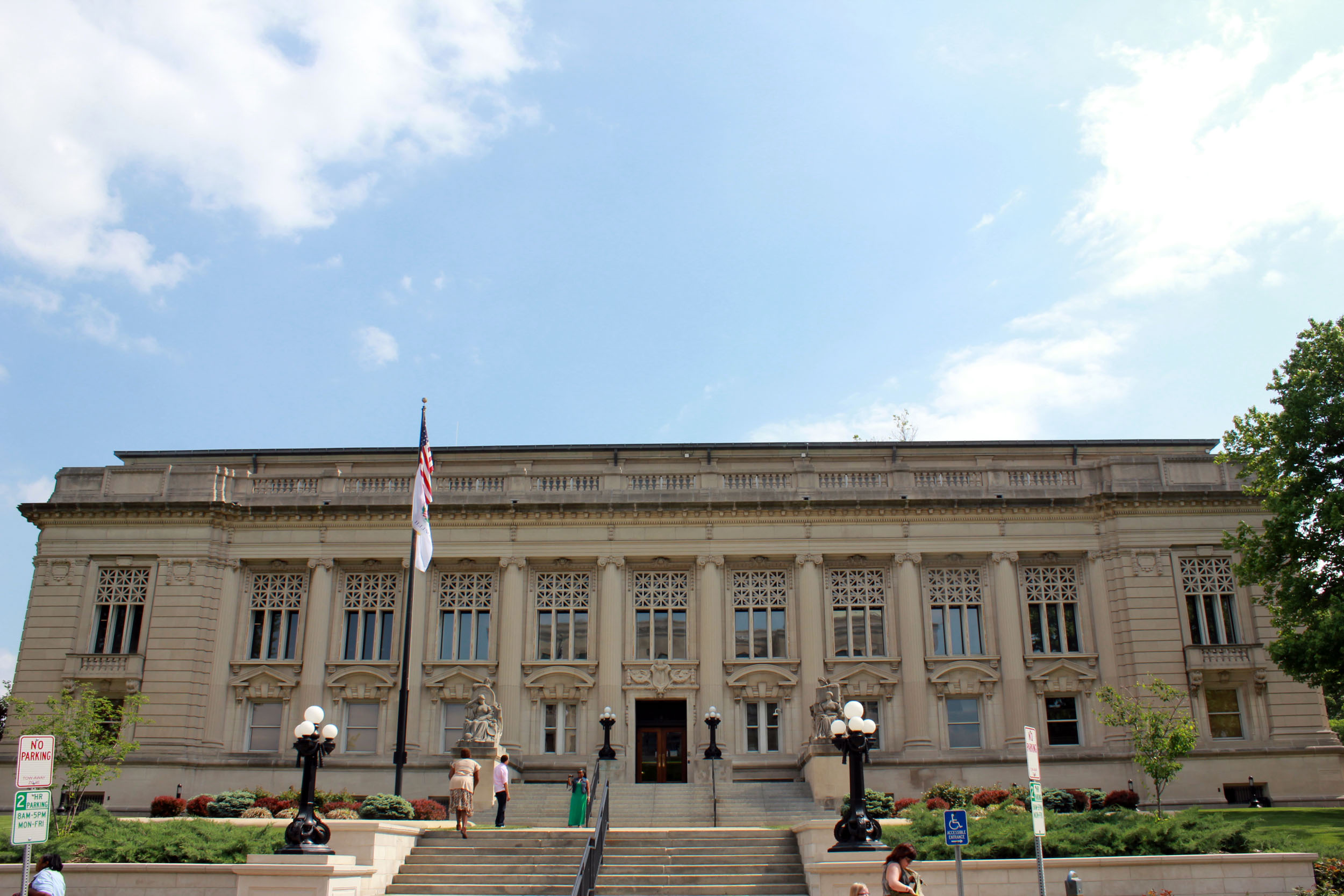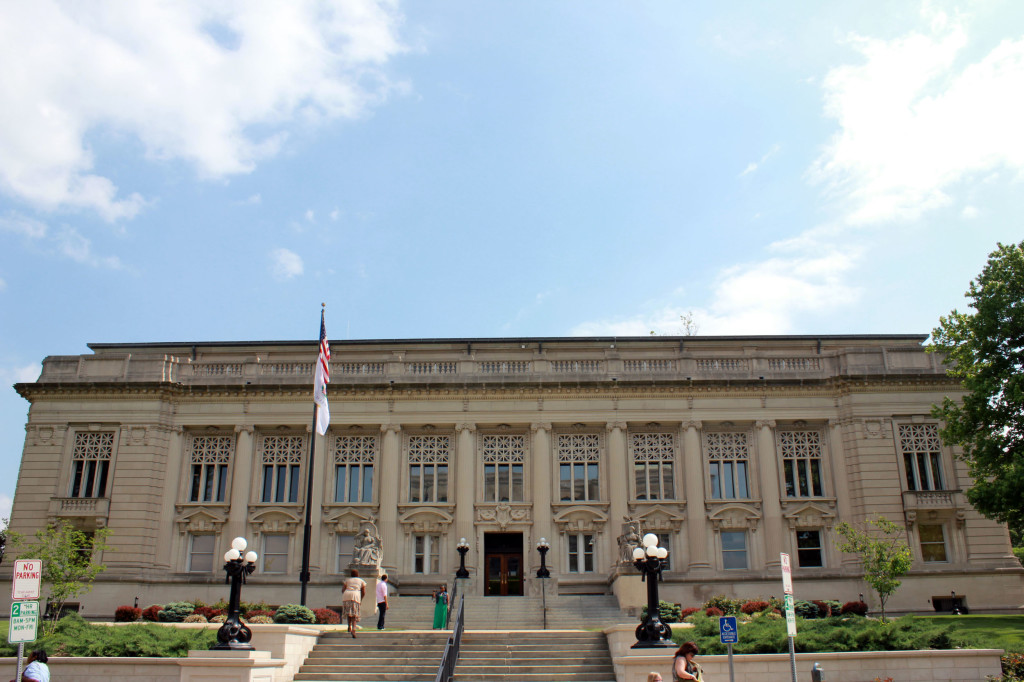The town of North Riverside, a small suburb west of Chicago, is moving to terminate its contract with all village firefighters and hire new firefighters from a private service. The village claims it is facing a $2 million budget deficit and it cannot handle the costs of the salaries and benefits of the firefighters.
From A North Riverside press release:
Mayor Hubert Hermanek, Jr. of west suburban North Riverside, after yesterday announcing an impasse after six “good faith” negotiating sessions with Firefighters Union Local 2714, instructed the village’s attorneys to file suit today in Cook County Circuit Court asking that court to affirm North Riverside’s right to legally terminate the firefighters’ contract, which expired on April 30, 2014.
North Riverside, with a population of 6,672 in 2,827 households, derives most of its revenue from sales tax, thanks in large part to North Riverside Park Mall. However, the village is facing a proposed fiscal year 2014-2015 operating budget deficit of $1.9 million, with $1.8 million of this deficit being a direct result of the Village’s growing annual public pension obligation. All of this and more is evidence that supports the Village’s inability to sustain salary and benefits of over $200,000 per fireman and $230,000 per Lt. anymore.
Contracting firefighter services from Paramedic Services of Illinois (PSI), which has provided paramedic services to North Riverside for the past 28 years, would save the village more than $700,000 annually and vastly reduce the adverse impact of future pension obligations imposed by the state. All PSI paramedics are certified as firefighters, as well.
According to Hermanek, the village presented multiple compromise proposals to the union, including a progressive privatization plan based on an 11-year contract, during which 10 of North Riverside’s 14 current firefighters would reach retirement age and 25+ years of service. As they retired or normal attrition occurred, firefighters would be replaced with firefighters/paramedics from PSI. As a result, by the end of the 11-year contract, village fire and emergency protection services would be almost fully privatized, maintaining safe and reliable service, while achieving cost-savings necessary if North Riverside is to remain solvent.
As noted in the above paragraph, the village had previously tried to strike a deal with the firefighters’ union where the village would phase out the old firefighters and slowly phase in the private force.
The union (Firefighters Union Local 2714) then brought three of its own proposals to the table. Ultimately, however, the village and the union couldn’t agree on any deal.



